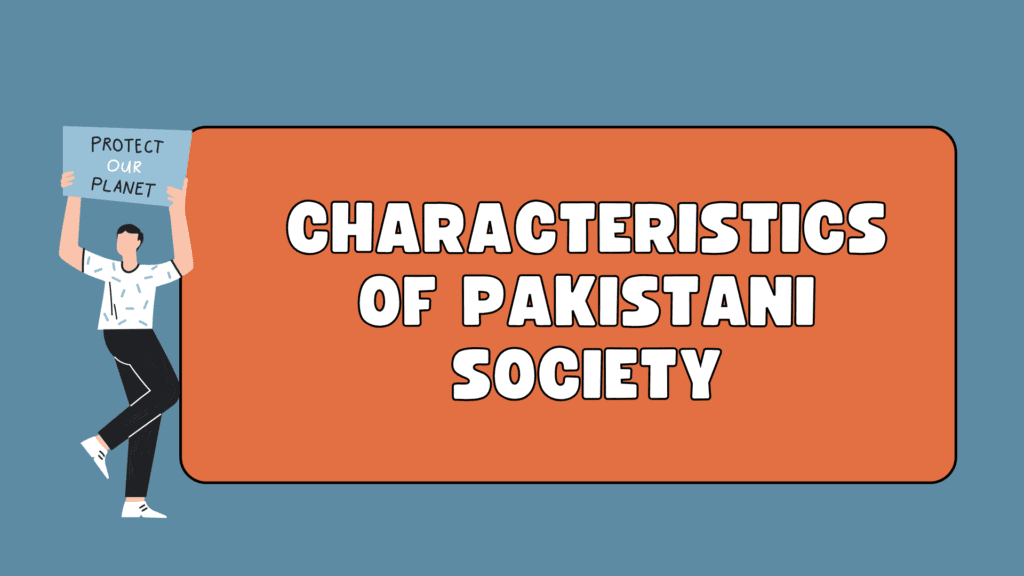Here is a detailed explanation of How Vocational Training and Education Can Solve the Problems of Unemployment Among Pakistani Youth:
1. Skill Development for Employment
Vocational training equips youth with practical and job-ready skills such as carpentry, plumbing, electrical work, information technology, fashion design, auto mechanics, etc. These skills match the current demands of the job market, increasing employment chances.
2. Promotion of Self-Employment
With vocational skills, youth can start their own small businesses instead of waiting for government or private-sector jobs. This promotes entrepreneurship and reduces dependence on others for employment.
3. Meeting Market Demands
Many employers in Pakistan face a shortage of skilled labor. Vocational education fills this gap by preparing workers who are technically trained and ready to contribute from day one. This increases productivity in various industries.
4. Reduction in Brain Drain
When local job opportunities based on practical skills are available, skilled youth are less likely to migrate abroad. This helps Pakistan retain its human capital and develop its own economy using local talent.
5. Empowerment of Marginalized Youth
Vocational training especially helps disadvantaged groups—such as those from rural areas, women, and school dropouts—by offering them a second chance to learn and earn. It improves social inclusion and reduces inequality.
6. Boost to Economic Growth
As more youth gain employment or start businesses, their contribution increases national income, reduces poverty, and supports economic development. A skilled workforce is essential for a strong and self-reliant economy.
7. Improvement in Mental Health and Social Stability
Gainful employment through vocational training restores confidence, dignity, and purpose. It helps reduce depression, anxiety, and crime rates among unemployed youth by keeping them positively engaged.
8. Support for Industrial and Service Sectors
Vocational education can supply trained technicians, customer service professionals, hospitality workers, and many others to boost key sectors of the economy. This improves service quality and global competitiveness.
9. Encouragement of Innovation
When youth are taught both technical and entrepreneurial skills, they often innovate in local crafts, services, or products. This can lead to local brands, export potential, and job creation for others.
10. Lifelong Learning and Adaptability
Vocational training programs can be updated regularly to match changing market needs. This promotes a culture of continuous learning, helping youth adapt to new tools, technologies, and opportunities.
Final Thought:
Vocational training is not an alternative to education—it is an essential part of it. By integrating technical skills with basic education, Pakistan can empower its youth, reduce unemployment, and build a stronger, more resilient society.

